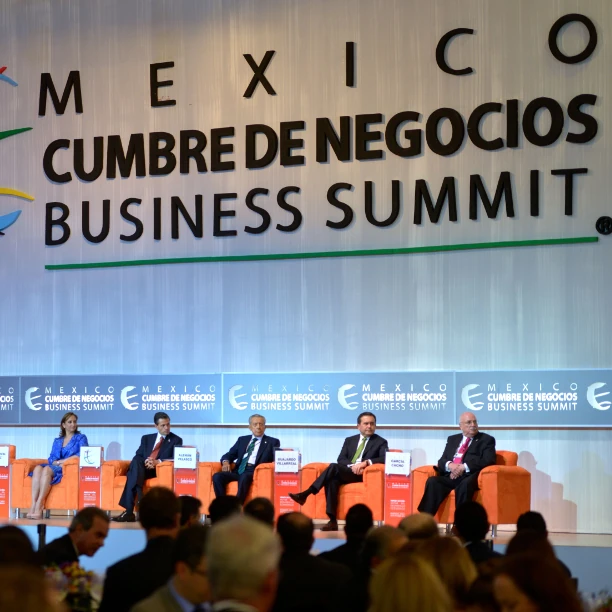Intercultural Education and the Realization of Intercultural Capital in Mexico (pp. 80-93; DOI: 10.23692/iMex.12.6)
Dr. Andreas Pöllmann
(PhD 2008, MA 2004, Department of Sociology, University of Essex, UK) is a full-time associate researcher at the Instituto de Investigaciones sobre la Universidad y la Educación of the National Autonomous University of Mexico (UNAM) in Mexico City. He has longstanding interests in national and supranational identities, intercultural relations, political sociology, cultural sociology, and the sociology of education. Dr. Pöllmann’s contributions to these areas have appeared in internationally recognized journals, including Educational Studies, European Societies, SAGE Open, Cogent Social Sciences, and Cultura y Representaciones Sociales. His current research focuses on links between formal education and sociocultural inequalities in the realization of intercultural capital, with a particular focus on institutions of teacher education.
Contrary to what the seductive marketing power of neoliberal “free”-trade ideology and its more or less explicit postulation of homo interculturalis might suggest, the multi-dimensional realization of intercultural capital cannot simply be taken for granted, but needs to be subjected to critical empirically grounded scrutiny. Drawing on the findings of three recent research projects, the present article explores the prospects and limitations of intercultural capital realization in contemporary Mexico – at nearly two and a half decades of the country’s membership in the quintessentially neoliberal North Atlantic Free Trade Agreement (NAFTA) and with a particular interest in the field of intercultural education. Whilst the article does not engage in evaluations of NAFTA, nor offer a contribution to the critique of neoliberal globalization and the mercantilization of formal education, it nonetheless raises important questions for all those interested in alternative forms of intercultural cooperation that convey a vision beyond narrowly instrumental business interests. As our three research examples forcefully illustrate, it is high time for a socioculturally sensitive educational development toward more intercultural literacy – both inside the multicultural national context and internationally.
Guido Rings / Antonio Ciruela Lorenzo - Introduction
Antonio Ciruela Lorenzo / Dolores Tous Zamora - Las Redes Cooperativas
Sandra L. López Varela - The Heritage Business Industry
Tanius Karam Cárdenas - El negocio de las telecomunicaciones
Joaquín Castillo de Mesa - La intervención social
Andreas Pöllmann - Intercultural Education and Capital
Yolanda López García / Theresa Endres - Perspectivas interculturales México‒Alemania
Cécile Brochard - The sex industry in fiction
Guido Rings - Business as usual en Rius
Reseñas



